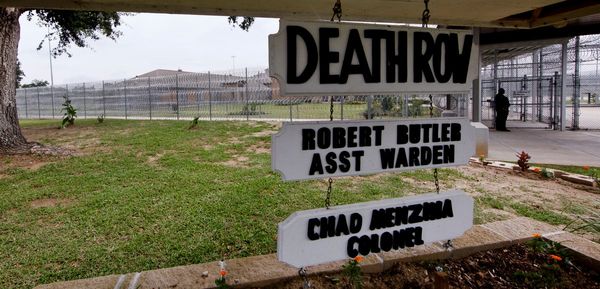
From the moment he reached adulthood until his death on Tuesday at 80, Bindeshwar Pathak poured his life and energy into making India a cleaner place by building public toilets and enabling Indians from across the social spectrum to have access to clean sanitation.
Over the years, he earned himself the name “Toilet Man”, horrifying his family and fellow Brahmins, the caste to which he belonged. His community was aghast at his obsession with setting up public toilets; for many, toilets were considered something unclean, never to be touched.
Pathak discovered his calling after seeing the work of manual scavengers, whose job it was to remove human waste from “dry” toilets which had no water or flush. He lived with scavenger families in the late 1960s as part of his PhD research.
Dismayed that anyone should have to do such an inhuman job, he vowed to eradicate it by building public toilets and toilets in homes.
In 1970, he founded the NGO, Sulabh International. Three years later, it built its first public toilet in the city of Arrah in Bihar, his home state, to show the government that a cheap twin pit, pour-flush toilet system was possible.
Sulabh went on to build nearly 1.3 million household toilets and more than 10,000 public toilets.

It also built almost 10,000 public toilet complexes for the urban poor in slums and crowded public places. These comprised not only toilets but bathing areas and space for people to do their laundry.
Users pay a nominal fee to use the complex and some even offer cloakrooms, telephones and basic medical care. It is estimated that 20 million Indians use them every day.
His toilet designs for producing biogas by connecting Sulabh’s toilets to fermentation facilities are now in common use in many underdeveloped nations.
Pathak’s work was a very early precursor to a campaign launched in 2014 by Narendra Modi, the Indian prime minister, to build a toilet in each home.
Apart from his exposure to manual scavenging, Pathak’s interest in reforming the lives of the poorest in India arose from a childhood incident that taught him how the lowest castes were treated as barely human even though they were the ones keeping homes and surroundings clean.
One day, he happened to touch the sari of the dalit woman who came to clean the house every day. When his grandmother noticed, she recoiled in horror. “I had been polluted so I had to be purified. My grandmother made the panchagavya (a mix) of curd, milk, ghee (clarified butter) and cow’s urine and dung and said I had to drink it,” he told interviewers.
He also recalled how for years his father in law used to be too embarrassed to tell his friends what Pathak did for a living.
But Pathak went on to become widely appreciated as a social reformer and pioneer, gaining media attention and awards at home and abroad.
“The results of Dr Pathak’s endeavours constitute one of the most amazing examples of how one person can impact the wellbeing of millions,” said the Stockholm water prize nominating committee in its citation in 2009.
When Pathak, a sociology graduate, died on Tuesday from a heart attack in Delhi during a ceremony to mark India’s Independence Day, the tributes poured in from across the political spectrum.
Modi said on Twitter, now known as X, that his death was “a profound loss” for the nation. “He was a visionary who worked extensively for societal progress and empowering the downtrodden.” He added that Pathak had “made it his mission to build a cleaner India”.
Palaniappan Chidambaram, the leader of the opposition Congress party , who knew Pathak personally, recalled him as someone who “toiled all his life to introduce sanitation to the people of India” and paid tribute to “his farsightedness and missionary work in the field of sanitation”.







